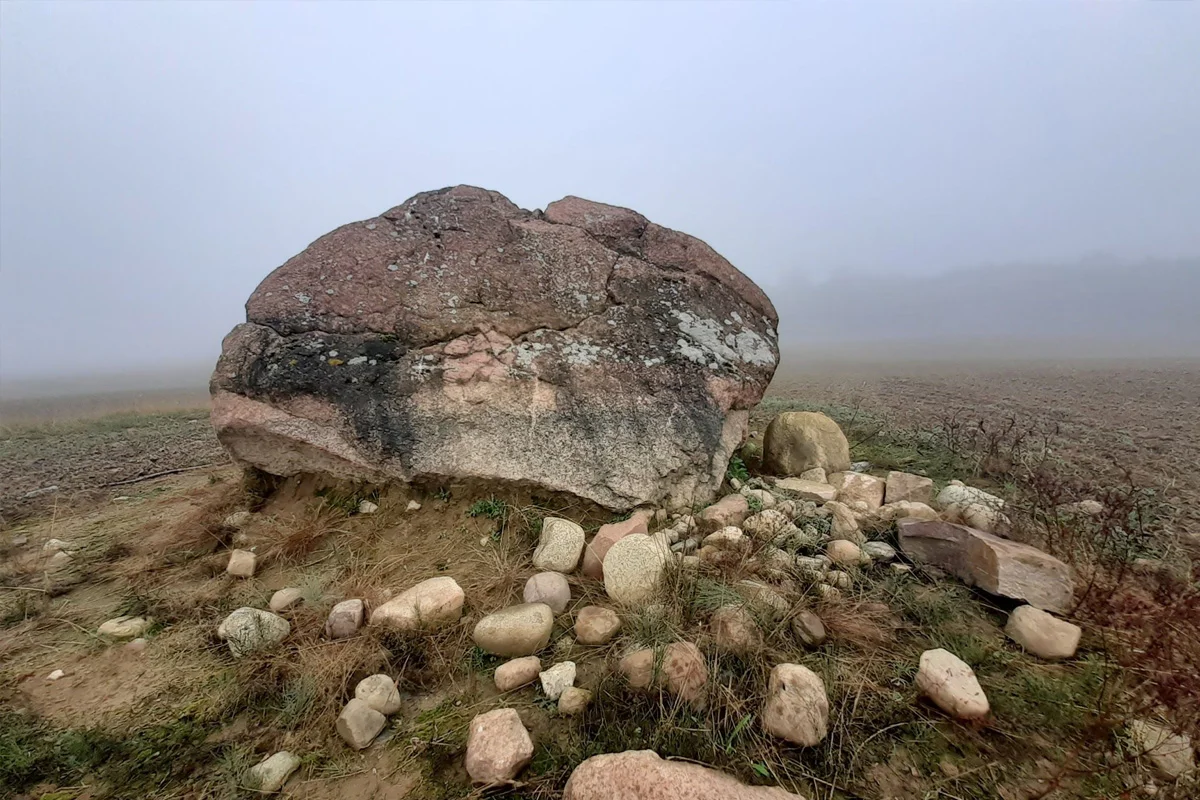A study funded by The National Science Centre, Poland, has analysed both the geological and mythical origins of the erratic boulders scattered across northern Poland.
Erratic boulders are rocks transported and deposited in areas where their composition differs from the local bedrock or surrounding geology. They are transported by geologic forces from one location to another, usually by prehistoric glacial movement.
According to ethnologist Dr. Robert Piotrowski who led the study: “A geologist or petrologist can tell exactly where a given stone came from, and thanks to radioisotope studies, determine how long it has been on the surface of the earth and how old are various damages on its own surface.”
Many erratics can be found scattered across northern Poland. For centuries, the inhabitants living near the erratics had no idea about the glaciation, which have given rise to local communities creating their own explanations entwined in folklore.
The oldest legends tell of Frost Giants hurling the stones across the land or carrying them on their backs from distant, icy realms beyond the frozen Baltic Sea. More recent legends tell of the devil using the stones to attack local villagers and a church.
There are also stories connected to witchcraft, in which the boulders were people who had been turned to stone, or were sacred places where witches danced and performed rituals.
Erratic boulders are therefore not only our geological heritage, but also our cultural heritage, explained Dr. Piotrowski.
“A stone is identified by a story and in this way becomes part of the cultural landscape. Because such a narrative works better on the imagination and allows us to remember information better than a dry explanation from an encyclopedia,” added Dr. Piotrowski.
Header Image Credit : Robert Piotrowski
Sources : PAP – https://doi.org/10.5194/egusphere-egu24-5421





